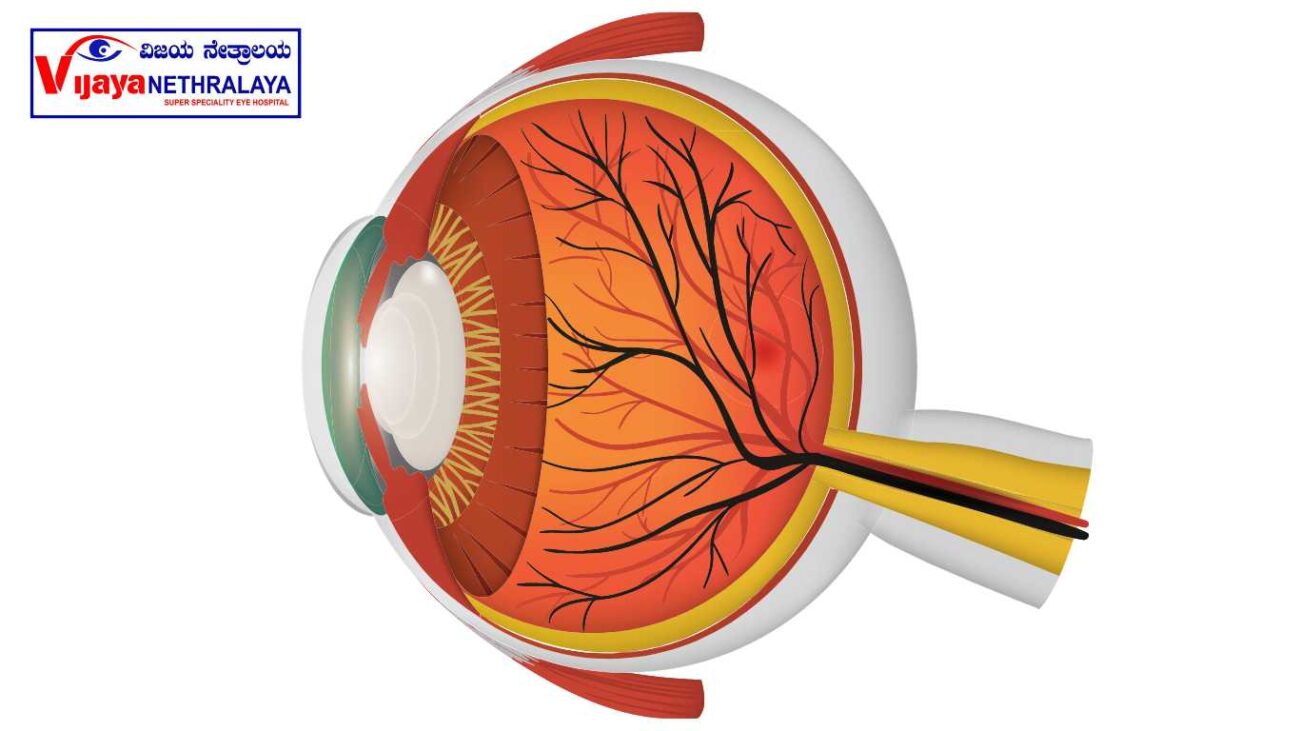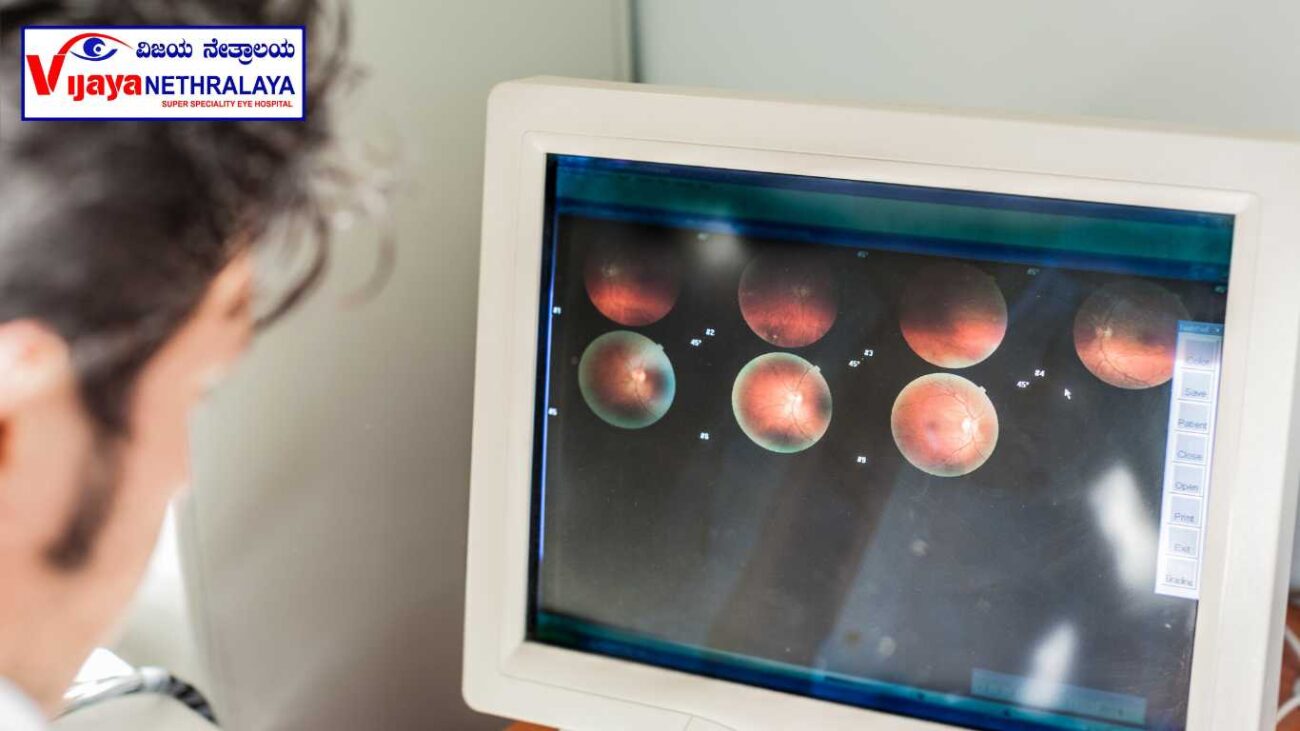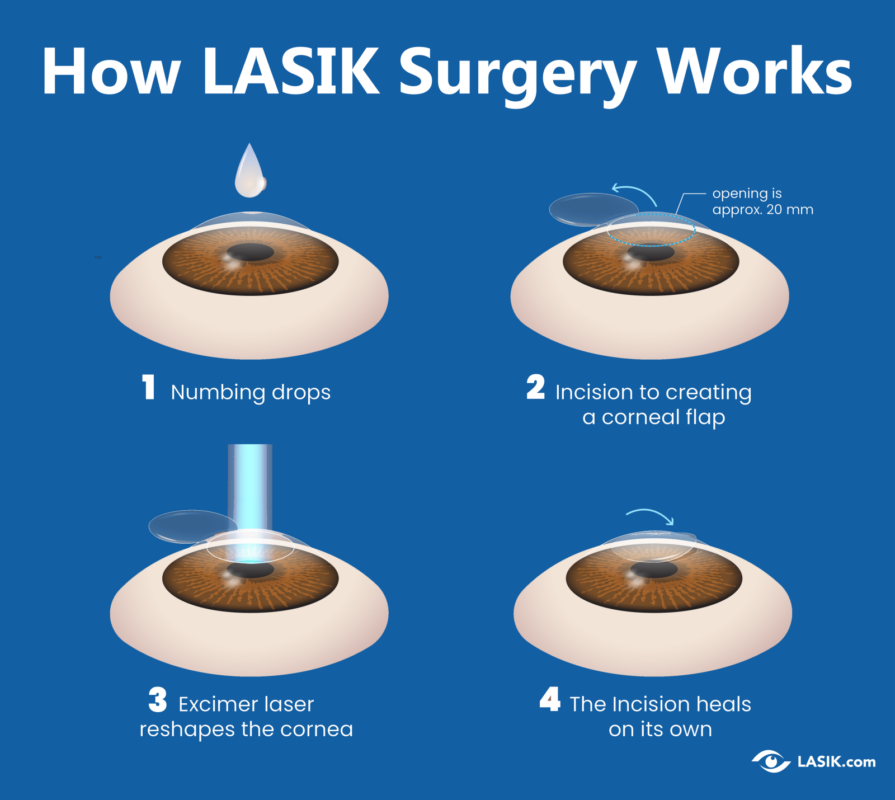Introduction:
The retina is a layer of tissue located at the back of the eye that is sensitive to light. It plays a crucial role in the visual process by receiving light and converting it into neural signals that are sent to the brain, allowing us to see.
Understanding Retina Transplantation:
Retina transplantation involves the surgical replacement of damaged or diseased retinal tissue with healthy donor tissue. This procedure aims to restore vision and improve the quality of life for individuals affected by retinal disorders.

Retina Transplant Research in India:
Retina surgery is a delicate procedure aimed at addressing issues affecting the retina, a layer of tissue at the back of the eye that’s crucial for vision. There are various reasons why someone might need retina surgery, such as retinal detachment, macular degeneration, diabetic retinopathy, or retinal tears.
The surgery itself involves intricate techniques, often performed by a specialized ophthalmologist called a retina surgeon. One common procedure is vitrectomy, where the vitreous gel inside the eye is removed to access the retina. Surgeons may also use laser therapy to repair tears or detachments, or inject medication directly into the eye to treat conditions like macular degeneration.
Recovery from retina surgery can vary depending on the specific procedure and the individual’s overall eye health. It’s important to follow post-operative care instructions diligently to optimize healing and minimize complications

Regular follow-up appointments with the surgeon are typically necessary to monitor progress and ensure the best possible outcome for the patient’s vision.
While research and development in retina transplants are still ongoing.
Retina transplant research in India is making significant strides towards revolutionizing the field of ophthalmology and restoring vision for individuals affected by retinal disorders. The dedication, expertise, and collaborative efforts of Indian researchers and medical professionals are paving the way for a brighter future. As ongoing research continues to unravel the intricacies of retinal regeneration, we eagerly anticipate the day when retina transplant becomes a widely accessible treatment option, transforming the lives of countless individuals worldwide.
Stay tuned for the latest updates on the remarkable advancements in retina transplant research in India.
This article is for informational purposes only, as the service described is not currently available anywhere in the world; it remains in the research phase.
Conclusion:
In conclusion, conducting research on retina transplants in India involves a comprehensive and systematic process, including defining research objectives, literature review, research design, ethical considerations, participant recruitment, data collection, intervention and monitoring, data analysis, results, and conclusion, as well as peer review and validation. Through these steps, researchers contribute to the advancement of knowledge in the field and work towards improving the outcomes for patients in need of retina transplants.











